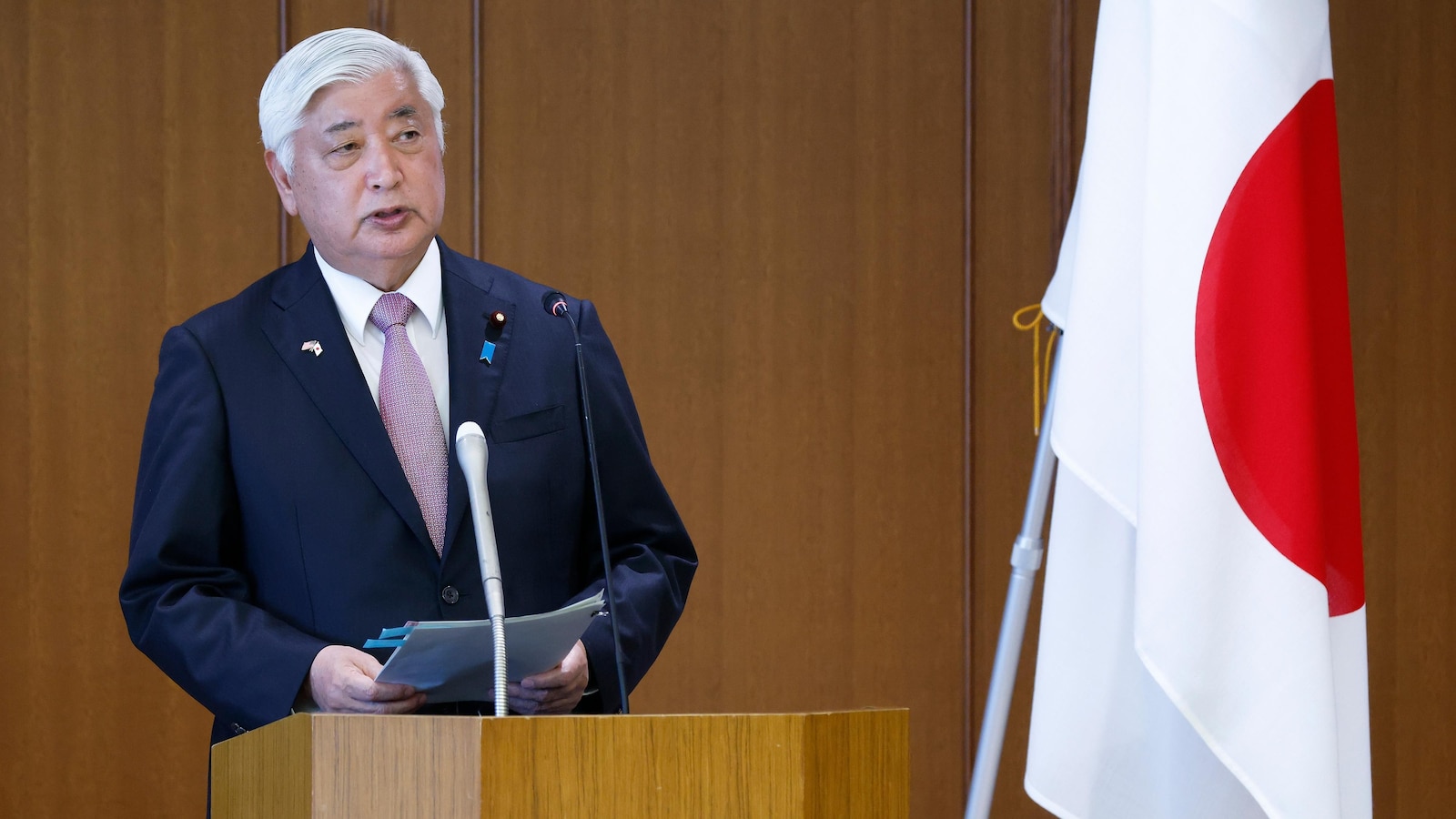ARTICLE AD BOX
China is blocking — or at least slow-walking — the export of rare earth minerals used in military equipment, cars and other materials, adding a serious wrinkle to the emerging trade war between the U.S. and China.
China produces more than 90% of the rare earth materials that are used in electric vehicles, weapons systems and semiconductors.
Kevin Hassett, the director of the White House National Economic Council, said the impact of the Chinese export pauses was being “studied very carefully.”
“They’re concerning, and we’re thinking about all the options,” Mr. Hassett told reporters at the White House.
Shipments of the rare earths and finished rare earth magnets stopped on April 4. While exports can apply to the Chinese commerce ministry for licenses, the process is opaque and could take several weeks, according to Reuters.
“Rare earths are important because they are used in everything from smartphones to medical devices to weapons technology,” said Daniel B. Pickard, chair of the international trade and national security practice at the Buchanan Ingersoll & Rooney law firm. “As to China, there is a huge difference between requiring export licenses on rare earths versus having a ban on exports. China has announced export license requirements on critical minerals before but in many cases, there weren’t any actual signs of declining import volumes.”
The seven rare earths are samarium, gadolinium, terbium, dysprosium, lutetium, scandium and yttrium.
The blockade is a sign that China is willing to dig in and escalate, rather than deescalate its trade war with the U.S.
Beijing recently imposed a 125% tariff on U.S. goods in response to Mr. Trump’s decision to gradually increase his “reciprocal” tariff on Chinese goods to 125%, on top of a 20% tariff related to fentanyl trafficking.
Craig Singleton, a senior China fellow at the nonpartisan Foundation for Defense of Democracies, said people should expect China to expand its retaliation menu while avoiding total rupture with the U.S.
“Look for more regulatory probes, especially in antitrust and cybersecurity, targeting major U.S. firms,” he said. “Export controls may tighten further on strategic minerals like gallium and graphite, though Beijing remains cautious about shocking global markets. China is likely to keep wooing Europe and emerging markets, aiming to frame itself as the aggrieved party and limit international alignment with Washington.”
At the same time, the situation underscored the White House’s position that U.S. sectors are overly reliant on foreign suppliers and that it needs to use all its leverage to onshore production of things like pharmaceuticals and weapons.
“China is sending a political message. But it may be counterproductive for Beijing — the most recent threat only emphasizes the U.S. dependence on imports and the need for critical mineral capacity outside of China,” Mr. Pickard said. “The Trump administration has multiple options to help ensure a sufficient supply of critical minerals, including supporting American industries bringing trade remedy investigations on improperly subsidized imports from China.”
Elon Musk, the billionaire entrepreneur who is helping Mr. Trump downsize the federal government, said the ability to process rare earths is what matters.
“People understandably tend to think that rare earth mineral deposits are what’s scarce, given the name. That is false. They’re everywhere,” Mr. Musk wrote on X, the social media platform he owns. “As with lithium, what China has that others lack is the heavy industry of refining the minerals.”
One company, MP Materials, is working to increase the domestic supply of rare earths. It operates the Mountain Pass mine and processing facility in California that produced 12% of the global supply of rare earths in 2024.
“We are ramping up capability to separate and refine rare earths,” the company told The Washington Times.
MP Materials said it also operates a rare earth magnet factory in Fort Worth, Texas. It will begin commercial production of rare earth magnets later this year.

 3 months ago
60
3 months ago
60








 English (US) ·
English (US) ·